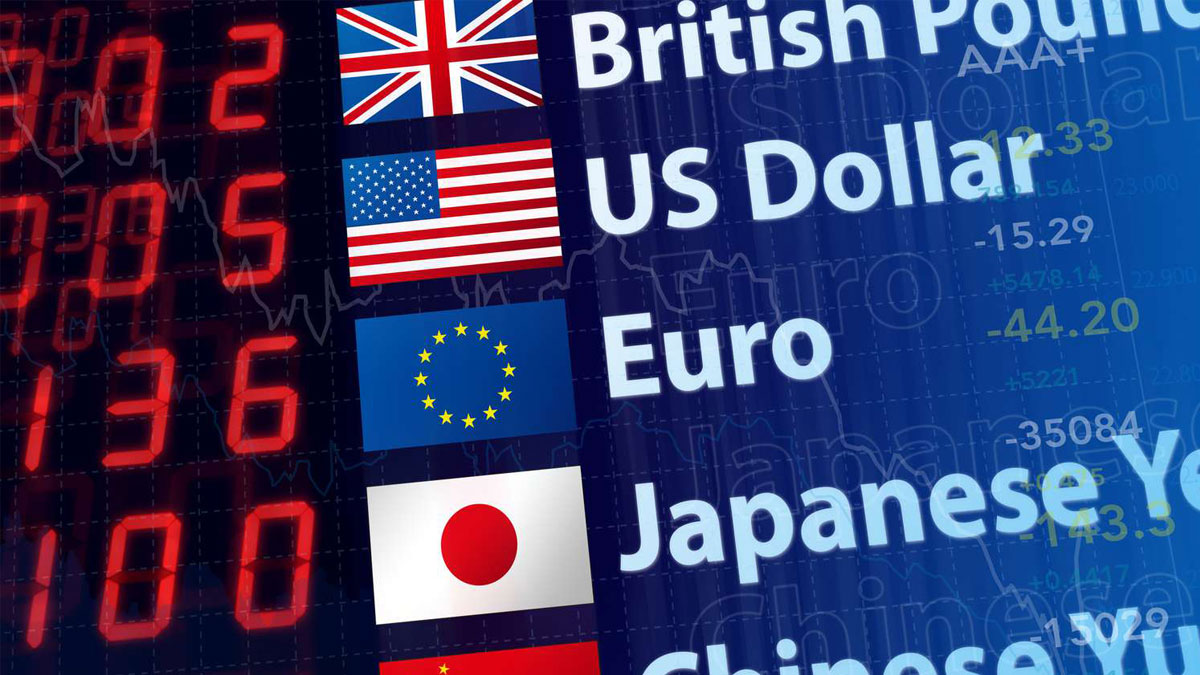- Education
- About Forex
- Forex Brokers
Forex Brokers
Forex broker is the link between the market and the trader and with the help of Forex leverage, it provides traders with the opportunity to speculate on the movements of the foreign exchange market.
These days, a forex broker is more than just a broker that provides access to the foreign exchange market. Its role has expanded with the emergence of completely new markets and the growth of their popularity.

Brokers act as a link between retail traders and the liquidity pool. Forex brokers have been licensed and qualified to operate in the forex market with these major financial institutions and corporations.
The broker receives price quotes from these liquidity providers and buys or sells currency pairs on your behalf. They receive an order from you to do so through your brokerage account.
KEY TAKEAWAYS
- Forex broker is the link between the market and the trader and with the help of leverage, it provides traders with the opportunity to speculate on the movements of the foreign exchange market.
- IIROC is a government agency in Canada that regulates investment activity. Created in 2008.
- Forex trading is completely legal in Canada for a long time.
- Many brokers, by attracting new clients, reduce the size of the spread, which is extremely beneficial for private traders.
Forex Broker Definition
Forex is short for foreign exchange. A forex broker is a financial services company that provides traders with access to a platform for buying and selling foreign currencies. Transactions in the forex market are always made between a pair of two different currencies.
The Role of a Forex Broker
So, as we noted earlier, Forex brokers are individuals or legal entities that act as an intermediary between a trader and the foreign exchange market.
By law, an individual cannot directly enter into purchase and sale transactions on the currency exchange. All trading operations must be carried out directly through a Forex broker or, as it is also called, a dealing center, whose activities are carried out on the basis of licenses and are regulated by various government agencies and public organizations.
To start trading, you need to register on the broker's website, open an account and replenish it with a plastic card or electronic wallet. Access to the foreign exchange market is carried out through the trading platform, which can be downloaded from the website of the dealing center.
Forex brokers use various platforms, with its help you can make trades, develop your own strategies, conduct graphical analysis, use in trading, technical indicators and automated trading systems.
Regulation of Forex Brokers in Canada
IIROC is a government agency in Canada that regulates investment activity. Created in 2008.
The main functions of the IIROC are:
- Control of any activity with securities in Canada, coordination of the work of the stock market and various financial service providers registered and operating in Canada.
The main services of this regulator:
- Licensing of financial structures, development of legislation, audit of companies, control over compliance with the required level of capital of organizations accountable to the regulator, verification of their activities in order to control the qualifications of employees and follow the provisions of IIROC.
If a discrepancy is found, IIROC, depending on the level of violation, may impose significant penalties, refuse a license for a certain period or revoke it altogether, which will undoubtedly negatively affect the company's reputation.
The Regulator does not resolve disputes between its accountable entity and the client, but may recommend how the dispute can be resolved. IIROC works closely with various funds, one of them is the Investor Protection Fund (CIPF).
Is Forex Trading Legal in Canada
Forex trading is completely legal in Canada for a long time! The Canadian Competition Bureau has stated that foreign exchange trading is not under their jurisdiction and that they will continue to take action if it is proven that the trader or brokerage was involved in any criminal activity.
Basically the same with many countries that have previously stated that Forex trading is illegal. Frankly speaking, it is impossible to make trading in the foreign exchange markets illegal, since it is impossible to track every transaction that took place around the world, but this does not mean that trading in the Forex market is not regulated.
At best, the only thing you can see in the legislation of some countries is a warning to investors against trading in speculative investments such as forex trading.
This means that it is not illegal in and of itself, but you should be wary of making such investments unless you fully understand the markets. This is usually just to protect traders from losing capital in aggressive markets, not to punish them.
Traders in Canada have access to a range of brokers, both regulated and offshore, as well as access to high leverage. Leverage is both risky and rewarding in trading, but it can certainly allow traders with less capital to take a seat at the table.
So, you're interested in trading, Canada offers a lot of options, from local brokers to offshore ones. Instead of just jumping in, why not check out some of the "Best Canadian Stock Brokers".
Many of the Canadian traders are all using offshore brokers to trade with. Offshore brokers typically offer higher leverage, and aren't subjected to tough restrictions.
Offshore brokers, also known as “White Label” brokers are typically owned by the larger auto trading companies. There are still some offshore brokers here, offering high leverage and low minimum deposits but again, you’ll need to exercise huge amounts of caution.
How brokers make money
We would also like to talk about such an important topic as the earnings of brokers. For the provision of intermediary services to provide access to the foreign exchange markets, Forex brokers charge a commission in the form of a spread. Each time you open a new deal, you will see how the spread is automatically added to it, which can be floating (from 0.1 points) or fixed (2-3 points).
You can get more detailed information in the contract specifications from your broker. Many brokers, by attracting new clients, reduce the size of the spread, which is extremely beneficial for private traders.
There are various models of brokerage companies on the market:
Since reliable brokers are only intermediaries between traders and liquidity providers, profitable transactions of traders are not losses for the company, so the broker does not come into conflict with them and quickly withdraws the earned profit. On the contrary, the more trades a trader opens, the more the broker will earn, regardless of the profitability or unprofitability of the completed trading operations.
There are also brokers with a banking license. Despite the more stringent requirements for the minimum deposit and withdrawal methods, banks can be classified as the most reliable and trusted brokerage companies.
Some brokers may charge a fixed commission for the total volume of transactions instead of a spread. This can be very convenient for those traders who open a large number of trades per day.
Bottom Line on What is Forex Broker
So, the broker performs many functions, including: opening and maintaining an account, executing client orders, informing about trades, providing reports on completed transactions, accruing dividends and coupons and withholding taxes, also opens accounts, manages accounts, executes orders, informs about during the course of trading, provides reports, replenishes and credits funds, etc.
Trading on the stock exchange must be approached with all responsibility, not only in learning to trade, or investing, but also in choosing the right tools, choosing a broker.
- Having a valid license.
- Work experience.
- Active clients.
- Suggested trading platforms.
- Minimum account size.
- Tariffs
As a result, you will need to pay attention to the above parameters and do your own research in order to be one step closer to success.
FAQs
How does Forex Work?
Forex (Foreign Exchange) is a huge network of currency traders, who sell and buy currencies at determined prices, and this kind of transfer requires converting the currency of one country to another. Forex trading is performed electronically over-the-counter (OTC), which means the FX market is decentralized and all trades are conducted via computer networks.
What is Forex Market?
The Forex market is the largest and most traded market in the world. Its average daily turnover amounted to $6,6 trillion in 2019 ($1.9 trillion in 2004). Forex is based on free currency conversion, which means there is no government interference in exchange operations.
What is Forex Trading?
Forex trading is the process of buying and selling currencies at agreed prices. Most currency conversion operations are carried out for profit.
What is The Best Forex Trading Platform?
IFC Markets offers 3 trading platforms: MetaTrader4, MetaTrader5, NetTradeX. MT 4 Forex trading platform is one of the most downloaded platforms which is available on PC, iOS, Mac OS and Android. It has different indicators necessary for making accurate technical analysis. NetTradeX is another trading platform offered by IFC Markets and designed for CFD and Forex trading. NTTX is known for its user-friendly interface, reliability, valuable tools for technical analysis, distinguished functionality and the opportunity to create Personal Composite Instruments (PCI) which is available specifically on NetTradeX.

